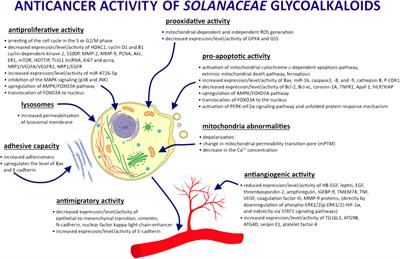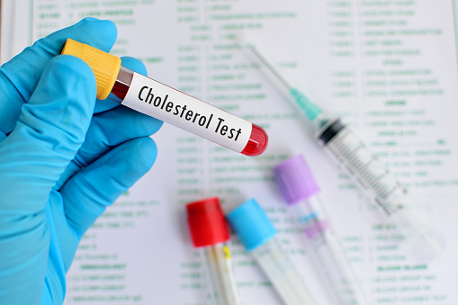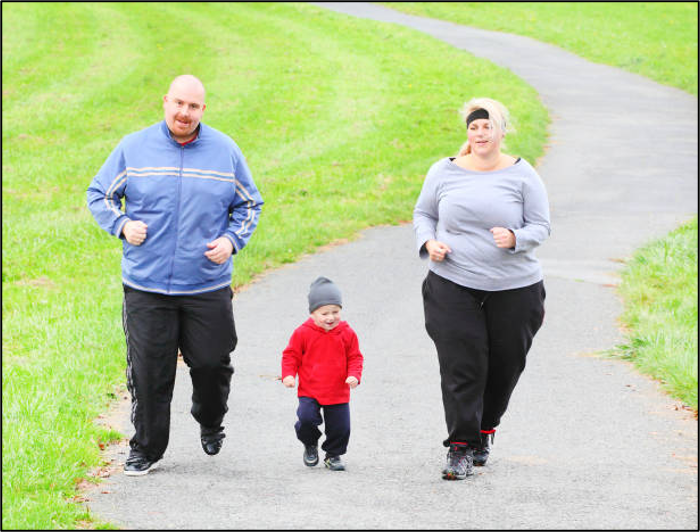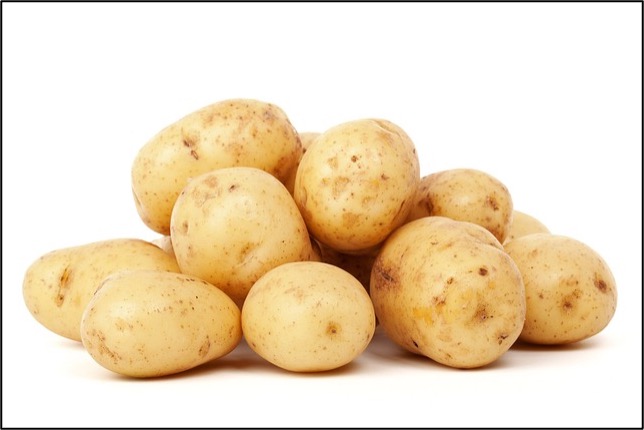
多くの人を苦しめるガン。そのため世界中で癌研究をしていることはご存でしょう。そのガンに対する研究で興味深いデータが発表されました。
それは、じゃがいもに「がん」を治す鍵が隠されていることが研究者によって明らかにされました。
ポーランドの研究者たちは、ジャガイモに含まれる自然由来の化学物質であるグリコアルカロイドに、抗がん作用があることを発見しました。
グリコアルカロイドとは、ナス科植物の二次代謝産物で、植物を害虫及び病原菌から保護する役割があります。トマト、ナス、ピーマンなどの野菜にも含まれています。
Frontiers in Pharmacologyに掲載された新しい査読済みの研究によると、グリコアルカロイドは、実際に体内で癌を引き起こす発癌性化学物質に変化するのを防ぐことができるそうです。
野菜の天然毒性に注目
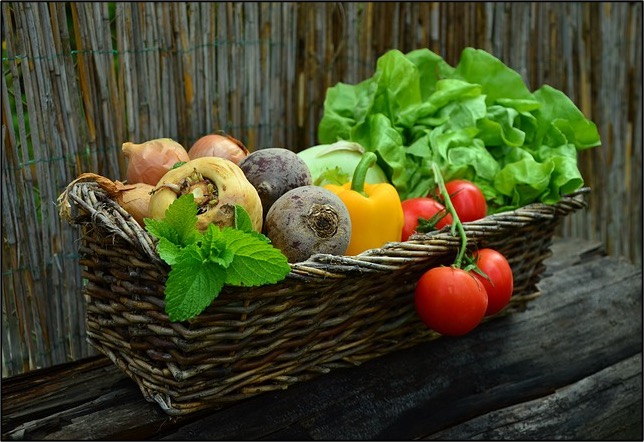
この研究では、ソラニン、チャコニン、ソラソニン、ソラマルギン、トマチンの 5 つのグリコアルカロイドに注目しました。
調査結果は、ソラニンが発がん性化学物質 (がんを引き起こす化学物質) が体内で発がん物質に変わるのを潜在的に阻止できることを示しました。
研究者によると、チャコニンはその抗炎症特性により敗血症を治療する可能性があり、「ソラソニンも同様の方法で作用する」と考えられています。
トマチンは体の細胞周期を調節するのに役立つため、がん細胞を殺すのに役立ちます。
ですが、どのグリコアルカロイドが「安全で、人間でテストするのに十分有望」であるかを正確に確立するには、人間の細胞でテストを行う必要があります。
研究の初期段階
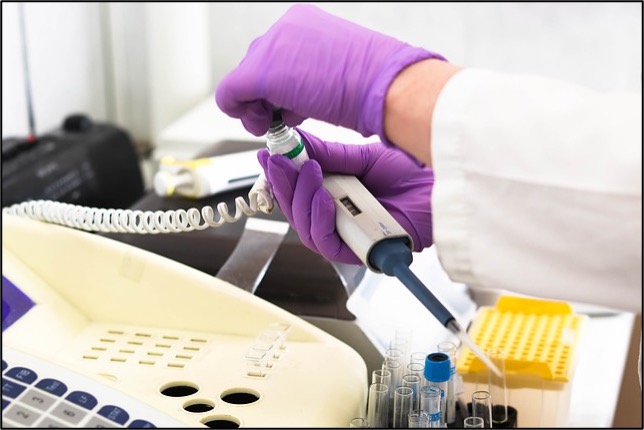
Cancer Research UKの Charles Evans 博士は、これらの食品の医学的利点をさらに調査する必要性を支持しました。
「新しい治療法を発見するためにあらゆる手段を模索することが重要です。
そのため、研究者がこれらの化学物質を調査して、新薬になる可能性があるかどうかを確認することが重要です」
と博士は述べます。
別の研究者は、野菜や植物の潜在的な癌治癒特性に関するさらなる研究を求めています。
研究の初期段階では、これらの化学物質が適切な用量で投与されれば「強力な臨床ツール」であることが証明されています。
ですが、ヒト細胞内の化学物質とどのように戦うかについての研究はまだ行われていません。
また、この研究は、じゃがいもに含まれる化学物質が、がんを撃退する特性を持っていることを証明しています。
しかし、1 日あたり一定の量を食べることでがん細胞が死滅することを示唆する証拠はまだありません。
とはいえ、がん治療の新しい方法を模索することは、世界的ながんの制御にとって重要です。引き続き続報を待ちたいと思います。
参考サイト
THE nation’s favourite carb could hold the key to curing cancer, experts have revealed. Not only might the starchy carb cure the deadly disease, but it could do so in a pain free way – …
Cancer is still one of the main causes of death worldwide. For this reason, new compounds that have chemotherapeutic potential have been identified. One such group of substances is Solanaceae glycoalkaloids (GAs). They are natural compounds produced by plants widely used in traditional medicine for healing many disorders. Among others, GAs exhibit significant antitumor properties, for example, a strong inhibitory effect on cancer cell growth. This activity can result in the induction of tumor cell apoptosis, which can occur via different molecular pathways. The molecular mechanisms of the action of GAs are the subject of intensive research, as improved understanding could lead to the development of new cancer therapies. The genetic basis for the formation of neoplasms are mutations in protooncogenes, suppressors, and apoptosis-controlling and repair genes; therefore, substances with antineoplastic properties may affect the levels of their expression or the levels of their expression products. Therapeutic compounds can be applied separately or in combination with other drugs to increase the efficiency of cancer therapy; they can act on the cell through various mechanisms at different stages of carcinogenesis, inducing the process of apoptosis, blocking cell proliferation and migration, and inhibiting angiogenesis. This review summarizes the newest studies on the anticancer properties of solanine (SN), chaconine (CH), solasonine (SS), solamargine (SM), tomatine (TT) and thei...
Spuds could now be a crucial “part of a healthy diet,” according to a new study by researchers at Pennington Biomedical Research Center in Baton Rouge, Louisiana.


